- The Australian Securities and Investments Commission sued Binance on Wednesday.
- It said the exchange did not correctly categorise retail customers.
- “Our case alleges Binance’s compliance systems were woefully inadequate”
Retail customers of Binance in Australia weren’t shielded by consumer protections for risky derivatives that led to big losses, regulators in the country claimed in a lawsuit Wednesday.
From July 2022 to April 2023, Binance miscategorized over 500 customers on its Australian derivatives exchange as “wholesale clients,” the Australian Securities and Investments Commission said.
This means that these customers did not receive the same protections that smaller-pocketed investors do, including the right to receive disclosure statements as well as access to a dispute resolution system.
The products listed on Binance’s Australian derivatives exchange include futures in Bitcoin, Ether, and BNB, per ASIC’s filed claim. BNB is Binance’s own cryptocurrency.
The crypto exchange paid affected retail customers $8.29 million, which includes aggregate losses as well as fees, according to the lawsuit.
“Our case alleges Binance’s compliance systems were woefully inadequate and exposed more than 500 clients to high-risk, speculative products without the right consumer protections in place,” Sarah Court, the deputy chair of ASIC, said in a statement. “Many of these clients suffered significant financial losses.”
Binance did not immediately respond to a request for comment.
Turning the page
The lawsuit from ASIC isn’t the first complaint a regulator has brought against the world’s top crypto exchange.
Join the community to get our latest stories and updates
In November 2023, Binance agreed to a landmark settlement with the US Department of Justice and other agencies.
It agreed to pay a $4.3 billion fine and pleaded guilty for not following mandatory anti-money laundering and sanctions laws.
As part of the settlement, Changpeng Zhao, the co-founder and former CEO, agreed to step down as Binance’s top executive.
He pleaded guilty to violating banking laws and was sentenced to four months in prison.
Richard Teng, who was Binance’s head of regional markets outside the US, took Zhao’s place as CEO.
A former regulator in Abu Dhabi, Teng has repeatedly emphasised Binance’s focus on compliance, as the exchange has tried to turn the page on its association with lax financial oversight.
“Binance has since taken responsibility for this past chapter and has worked hard to restructure its organization and enhance its regulatory compliance,” a Binance spokesperson previously told DL News.
Under Teng’s leadership, Binance did install a board of directors for the first time, but it has yet to declare where its headquarters is located — a fundamental part of corporate governance.
And the exchange has battled an ongoing court case in Nigeria, where Tigran Gambaryan, a Binance executive, was detained for eight months under money-laundering charges.
Gambaryan was released in October, but Nigeria hasn’t dismissed the charges against his employer.
Ben Weiss is DL News’ Dubai Correspondent. Got a tip? Email him at [email protected].

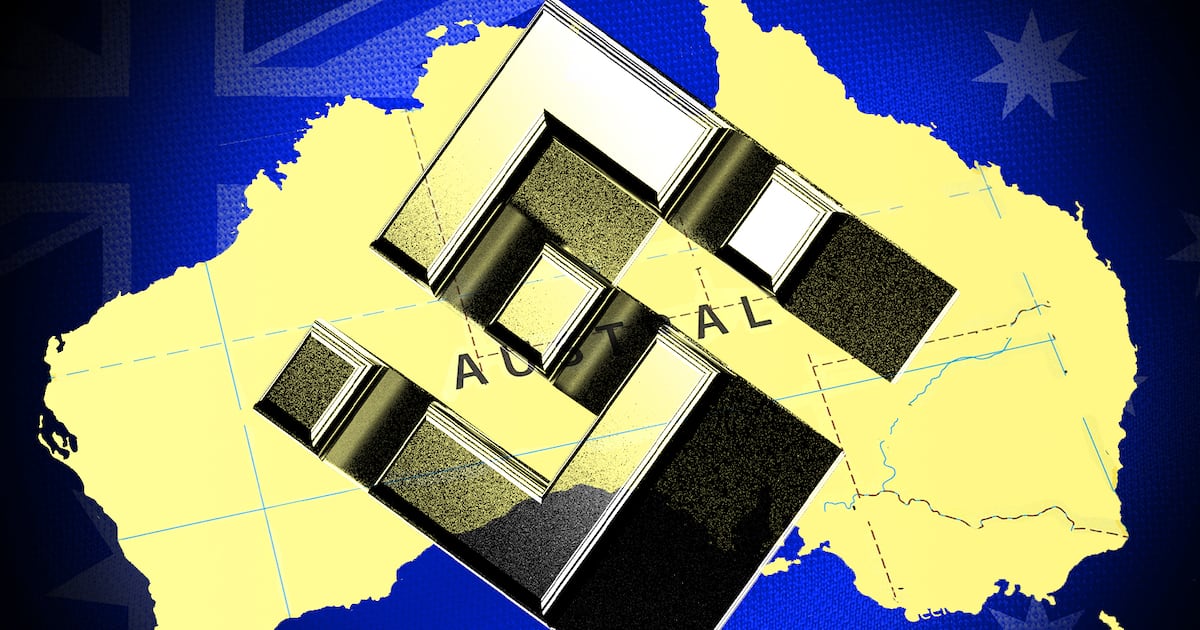



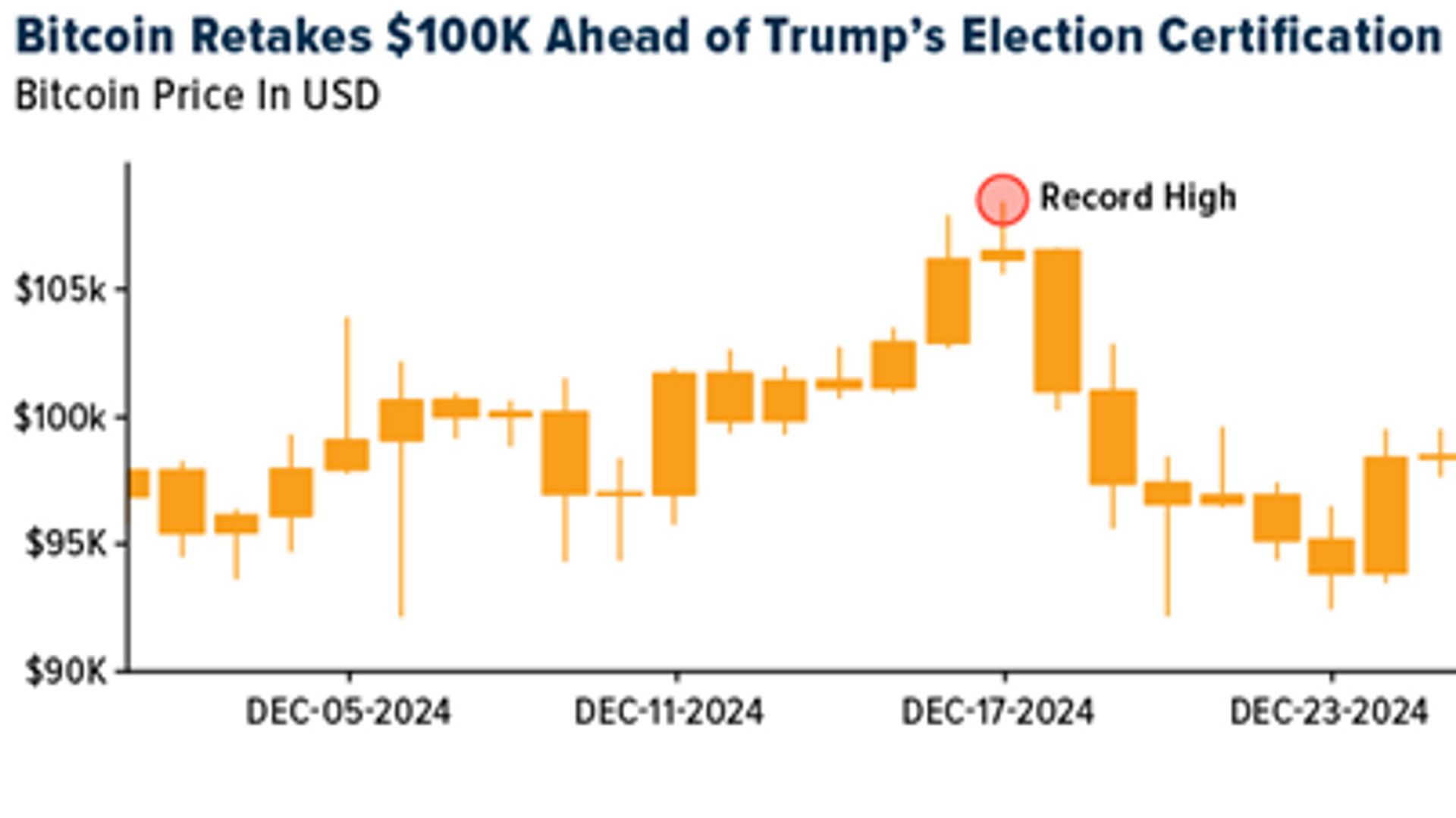
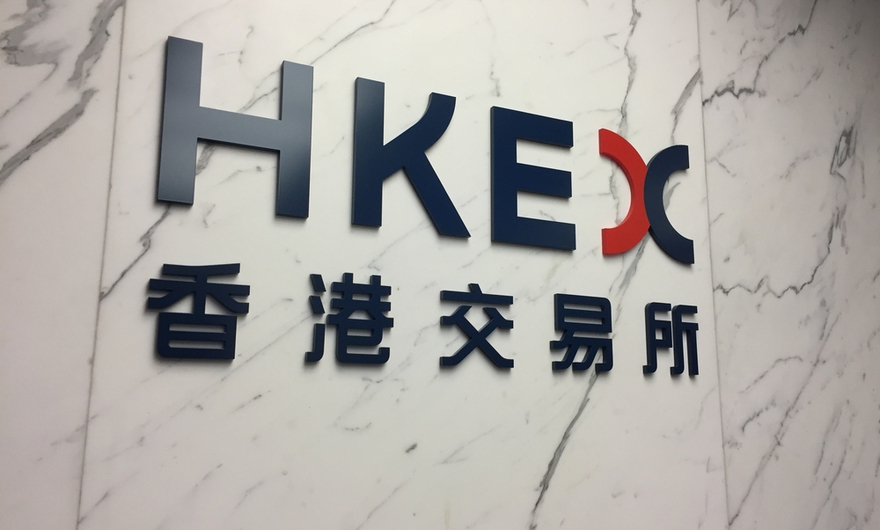
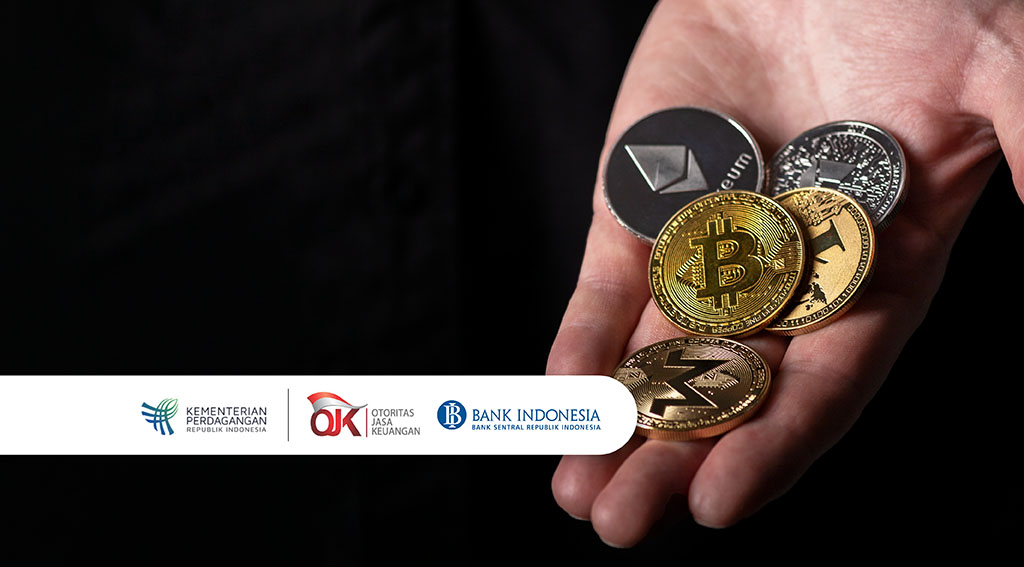
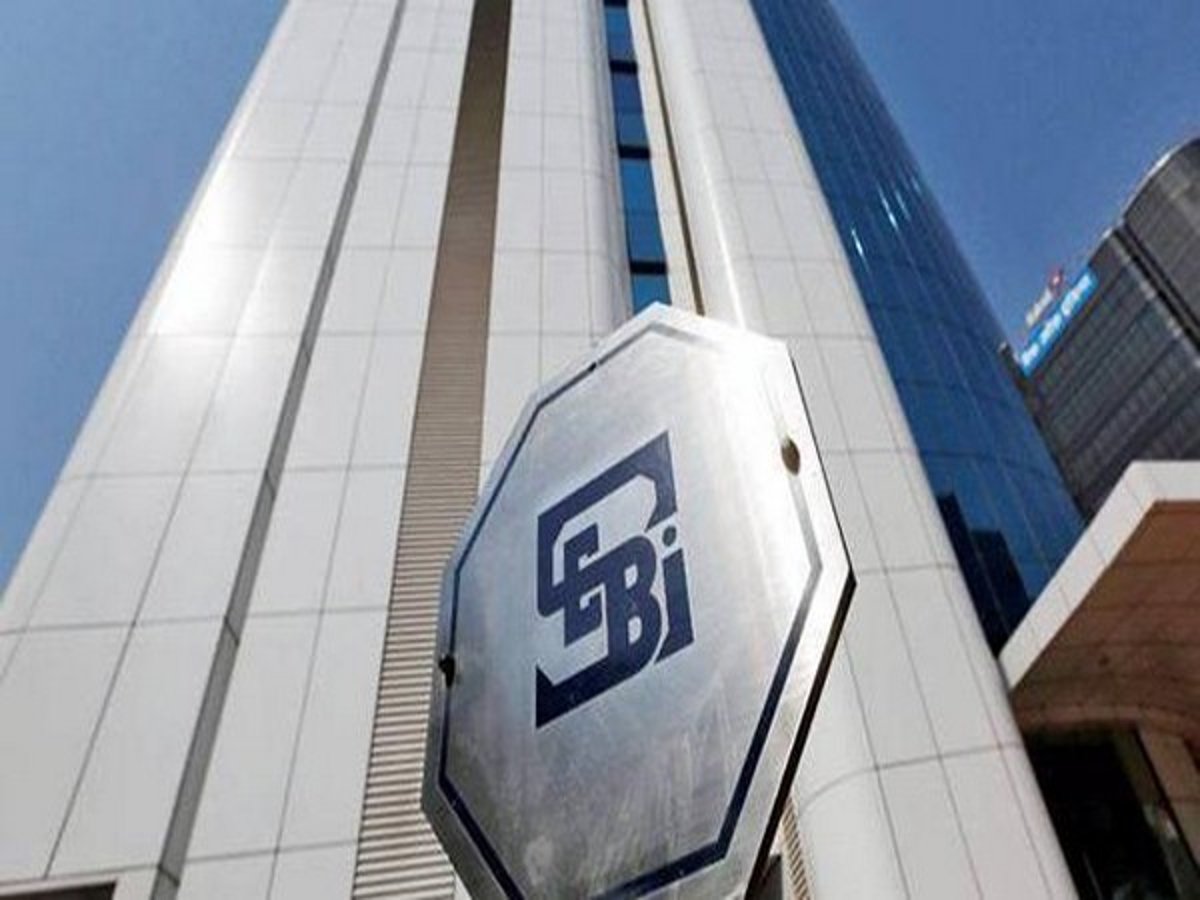
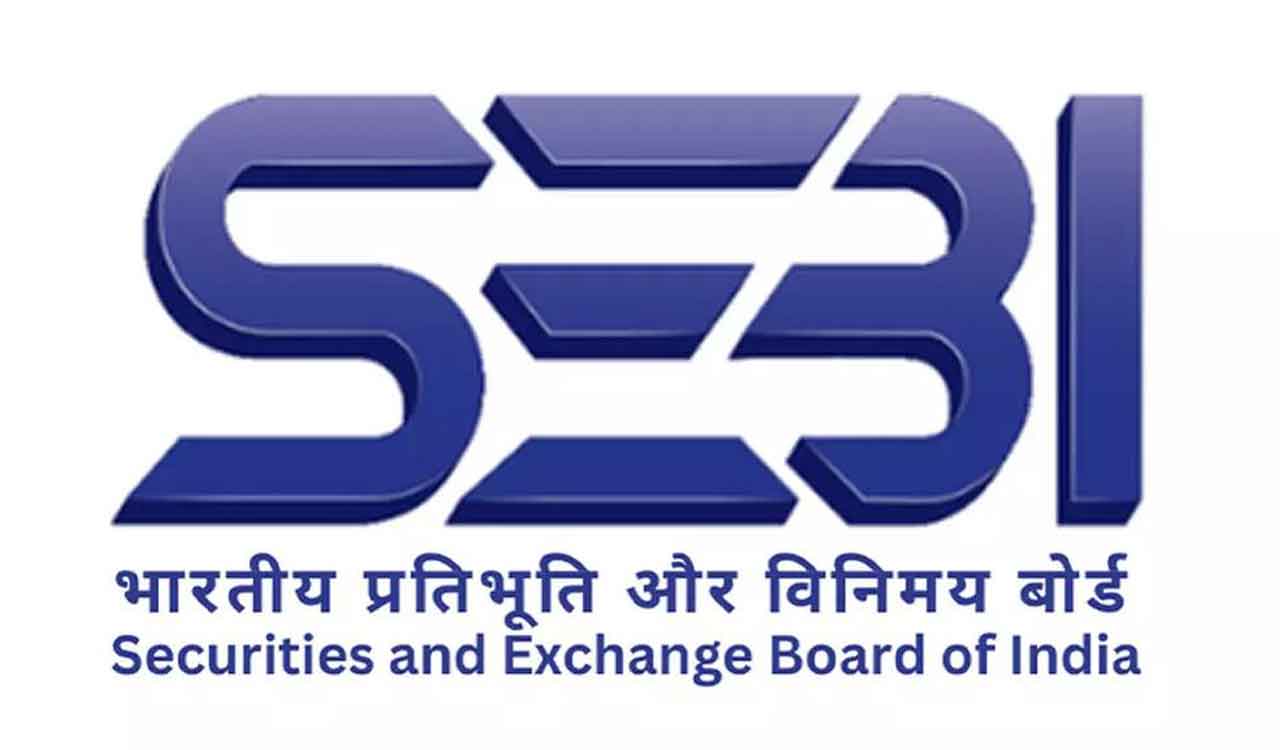
Leave a Reply